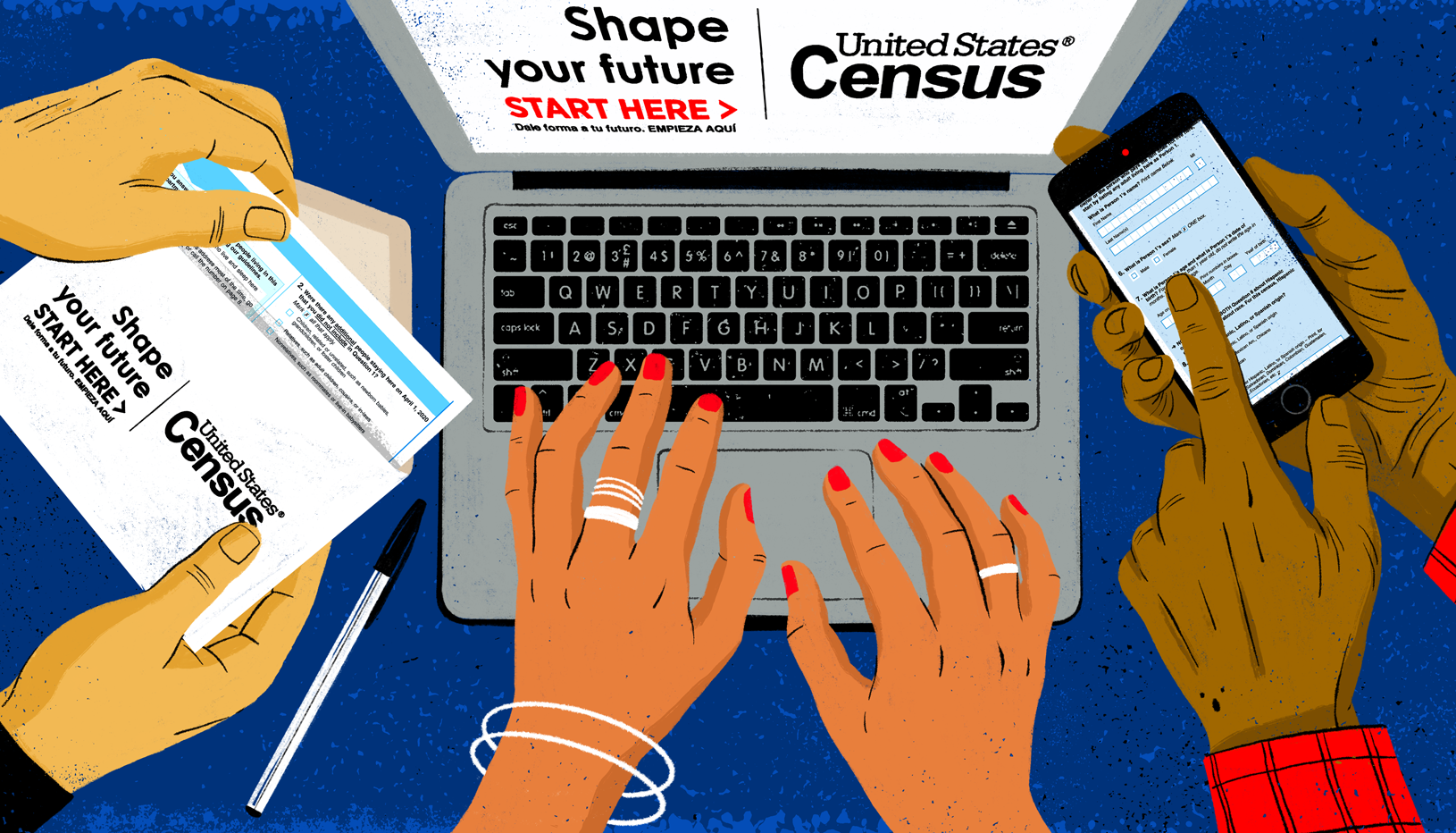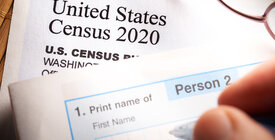Every 10 years, the U.S. Census Bureau conducts a count of everyone living in the country. The results are used to decide how many seats each state has in Congress, draw district boundaries for everything from congressional seats to city council seats, and allocate over $1 trillion each year in government funding for services like education, food assistance, infrastructure, and more.
The 2020 census faced a barrage of obstacles, from improper interference by the Trump administration to chronic underfunding to the Covid-19 pandemic. The administration’s failed efforts to add an untested citizenship question and to rush counting and data-processing procedures at the last minute sowed fear and confusion about participating in the count. While the census escaped complete disaster, it fell far short of its goal of counting every person. Communities of color continue to be undercounted at disproportionate rates, with Black, Latino, and Native American people in particular missing from the numbers at unacceptably high levels. Meanwhile, overall census response rates remain stuck in a decades’ long rut.
The Brennan Center is pursuing a far-reaching advocacy, organizing, and public education campaign to protect and improve the census. We helped block the citizenship question and extend the timeline for the count. And with the 2020 census now behind us, we are advocating for reforms to census law and policy to ensure that future censuses are more legitimate, accurate, and equitable.

















